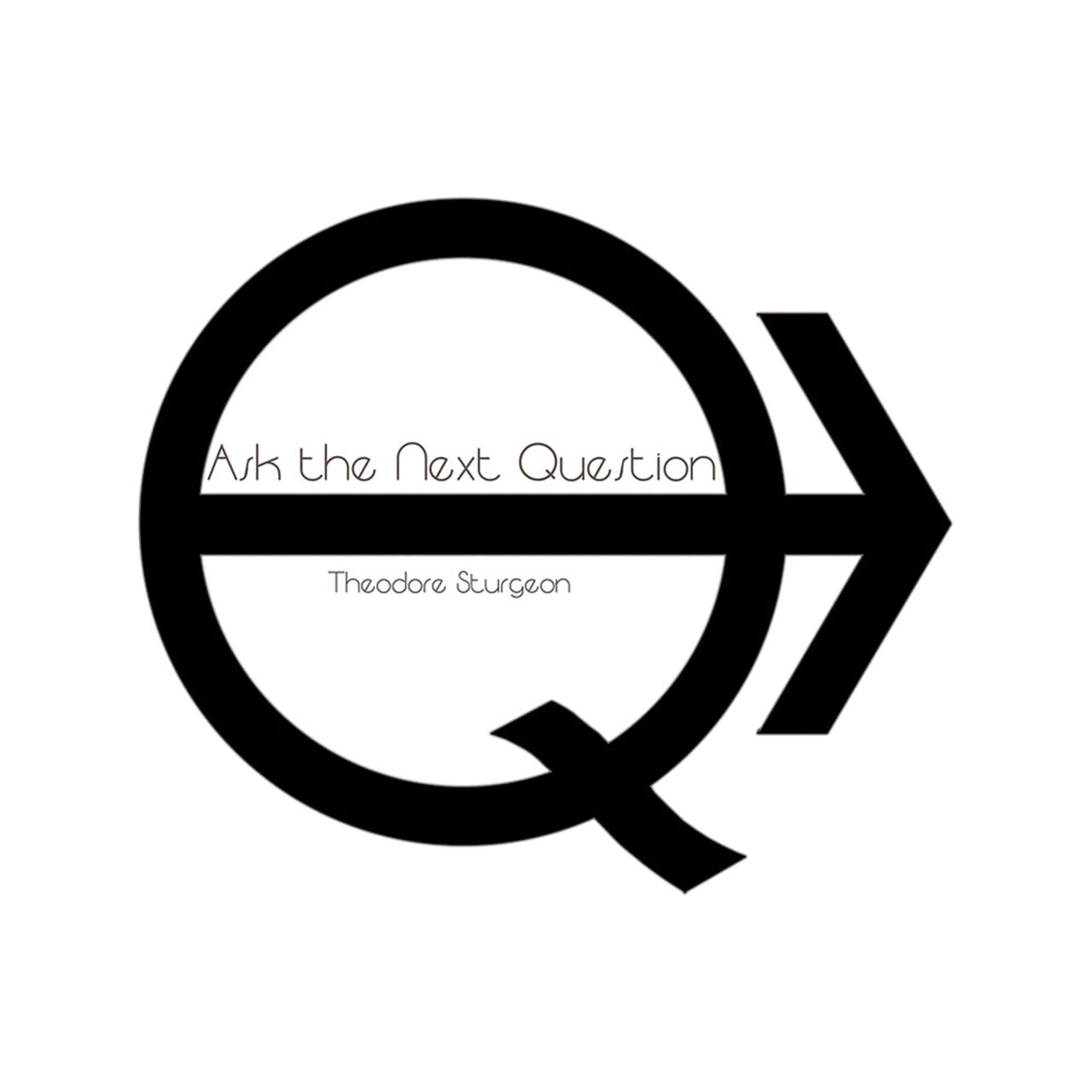A True Yunatic
Some writers don’t just create stories – they expand what stories are allowed to feel like. Theodore Sturgeon was one of those rare voices. A science fiction pioneer with a poet’s soul, he wrote with radical empathy, deep strangeness and a love for the messy, magical spectrum of being human.
He didn’t care about shiny rockets or robot battles – he cared about feelings, identity and the moral evolution of the future. Sturgeon looked at humanity’s weirdness and said, Yes, this too belongs in the stars.
“Love is that condition in which the happiness of another person is essential to your own.” – Theodore Sturgeon
The Inner Child
Sturgeon’s inner child was a soft oddball with a giant heart, always peeking under the surface, always wondering why people are the way they are. That child never stopped feeling deeply or dreaming sideways. Even when writing aliens, he was writing about us – and doing it with a tender, uncool kind of courage.
Tribbles
His tribbles are legendary – and one of them even became an actual tribble:
- Sturgeon’s Law – “90% of everything is crap.” Harsh, honest and still quoted today.
- More Than Human – A masterpiece of mutant empathy, psychic unity and beautifully flawed characters.
- “Ask the Next Question” – His life’s motto, his literary mantra, even engraved on his tombstone.
- Star Trek Episodes:
- “Shore Leave” – A surreal, psychological escape planet.
- “Amok Time” – The episode that introduced the Vulcan mating ritual, the Vulcan salute and deeper Spock lore.

Connected with the Yuniverse
Sturgeon didn’t use science fiction to escape reality – he used it to decode it, stretch it and reimagine it. His stories were antennas tuned to the human condition, picking up emotions in alien frequencies. He saw the universe not as cold, but as something aching to connect.
Spiritual
In a deeply humanist way. His spirituality lived in his belief that empathy is evolution and that love, in all its strange forms, is what makes us truly advanced.
Theodore Sturgeon reminds us that when the universe confuses you, the only answer is: Ask the next question.